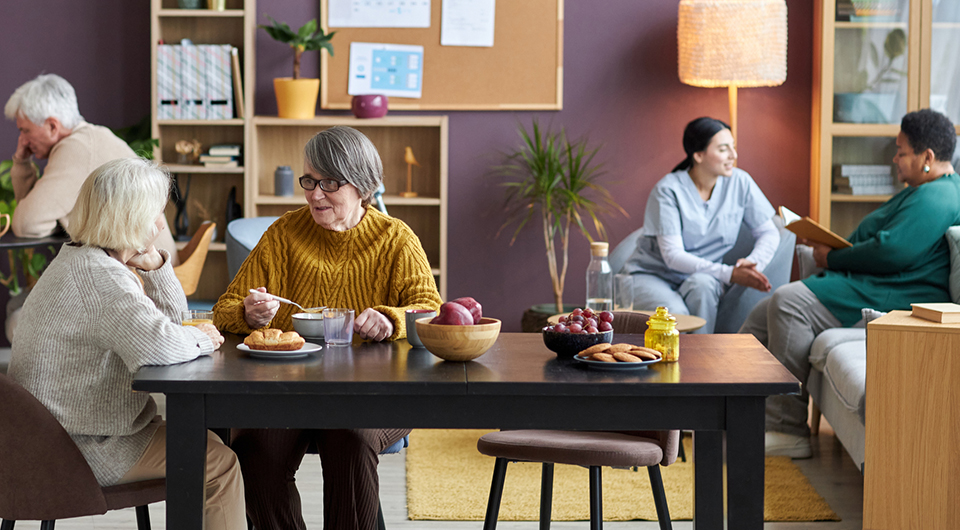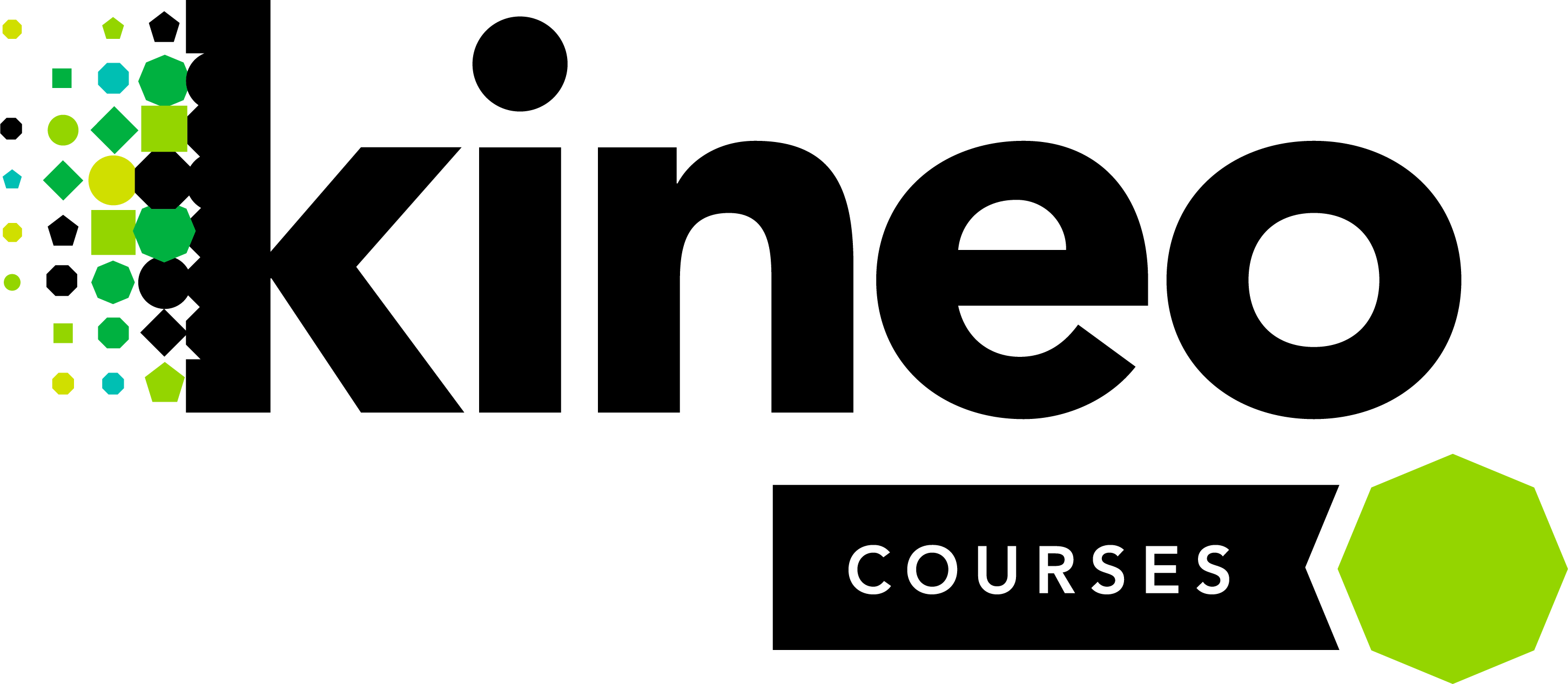This course is in the base subscription pack
Category
Health, Disability and Aged Care
Subject Matter Expert
Melissa Sinfield - RN BHSc (Nursing) (Hons 1st class) PhD MACN
![]()
Welcome to the Nutrition, Hydration, and the Dining Experience for Older People course. This course explores how nutrition, hydration, and the overall dining experience impact the health and wellbeing of older people in aged care facilities. It will help you understand the importance of creating a person-centred dining environment and supporting enjoyable mealtimes.
Target Audience
As people age, a range of physiological, health and social factors make them significantly more vulnerable to malnutrition and dehydration. For example:
- According to Dietitians Australia , around 50% of older Australians in aged care and the community are either malnourished or at risk.
- A study by the Aged Care Quality and Safety Commission found 68% of residential aged care residents were malnourished or at risk.
- Dehydration is also widespread: meeting daily fluid targets of around 1.5 L is often compromised causing diminished thirst, swallowing disorders, medication effects and other age-related changes.
The consequences of poor nutrition and hydration are serious: increased falls and fractures, infections, slower recovery, loss of muscle and bone mass, frailty, reduced function - and even increased mortality.
So, ensuring older people have adequate nutrition and hydration is not a “nice to have.” It is fundamental to dignity, independence, quality of life and health outcomes.
Kineo Courses offer three courses on this topic:
- Introduction to Nutrition and Hydration for Older People
- Nutrition, Dysphagia, and Texture-Modified Diets for Older People
- Nutrition, Hydration, and the Dining Experience for Older People
These courses equip aged-care workers with practical, evidence-aligned skills to identify and manage malnutrition and dehydration, apply the IDDSI framework safely, and deliver person-centred nutrition and hydration that supports dignity and better outcomes.
Learning Outcomes
This is especially important now, as the sector transitions to the Strengthened Aged Care Quality Standards. In particular, Standard 6 - Food and Nutrition – which sets clear expectations to ensure older people receive nutritious, appealing and safe food and drink, along with meaningful dining experiences. For the workforce, this means every person involved in meals, fluids, texture-modified diets, swallowing support, or dining environments, needs up-to-date knowledge, confidence and capability embedded in everyday practice.
In short, engaging with these courses helps organisations:
- Protect older people from malnutrition, dehydration and their serious consequences
- Deliver person-centred care that honours dignity and choice
- Meet the strengthened regulatory requirements under Standard 6, and
- Build a confident, skilled workforce ready to partner with older people in meaningful ways around food, drink and dining.
This particular course provides an understanding of:
- recognise the importance of the dining experience in supporting older people's quality of life, nutrition, and hydration
- identify key elements of a positive dining environment
- apply person-centred approaches to support individual preferences and dignity during mealtimes, and
- collaborate with others to continuously improve the dining experience in aged care settings.
Contextualised Content
Aged care meal planning, Senior wellbeing support, Healthy ageing education, Elder care dietary guidance, Care worker food safety, Older adult wellbeing training, Aged care culinary practices, Senior health essentials, Residential care meal services, Aged care workforce training, Senior lifestyle support, Care home mealtime practices, Older adult health management, Elderly care best practice, Aged care professional development, Senior care quality improvement, Aged care learning modules, Healthy ageing support strategies, Care staff skill development, Aged care compliance training


.png)


